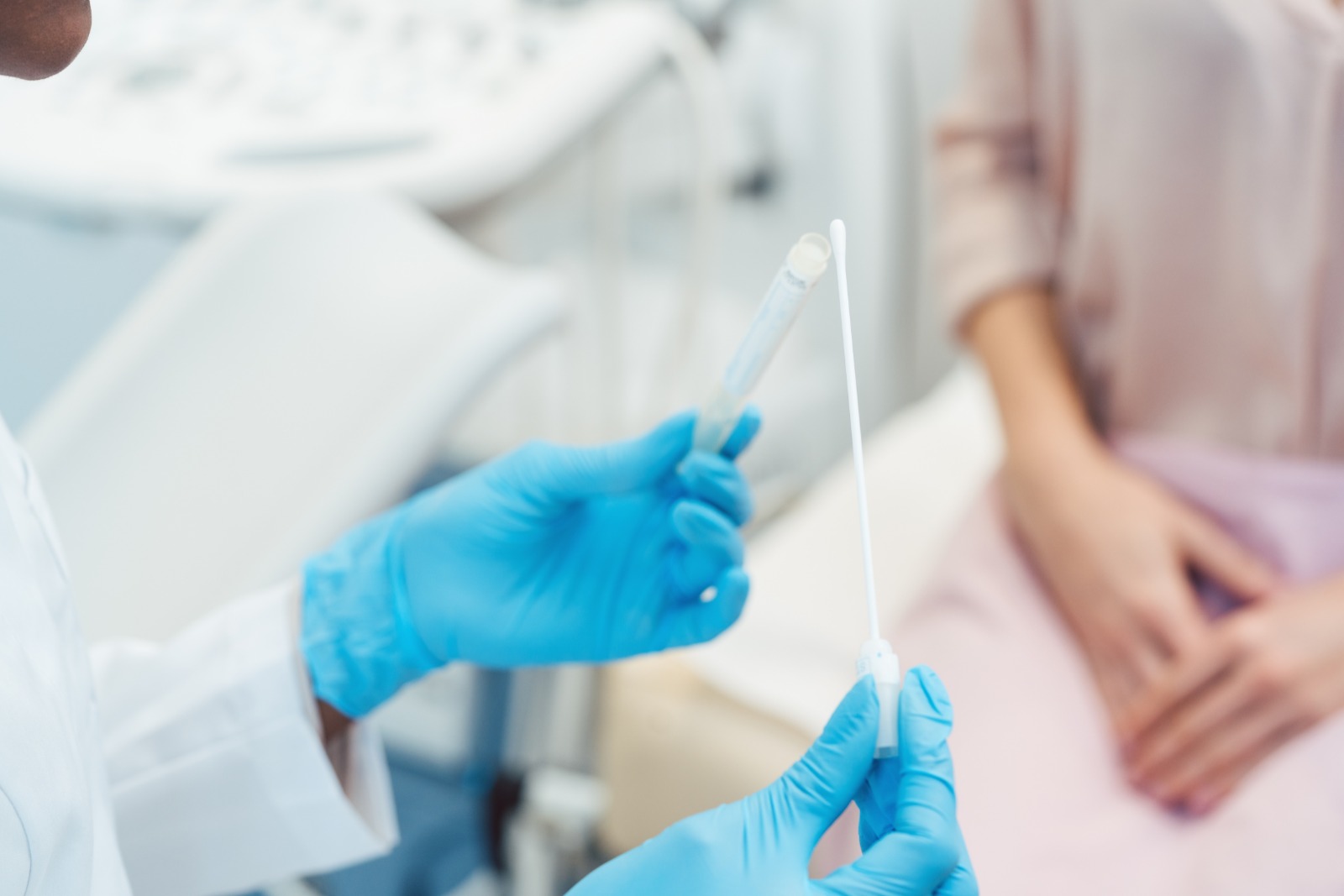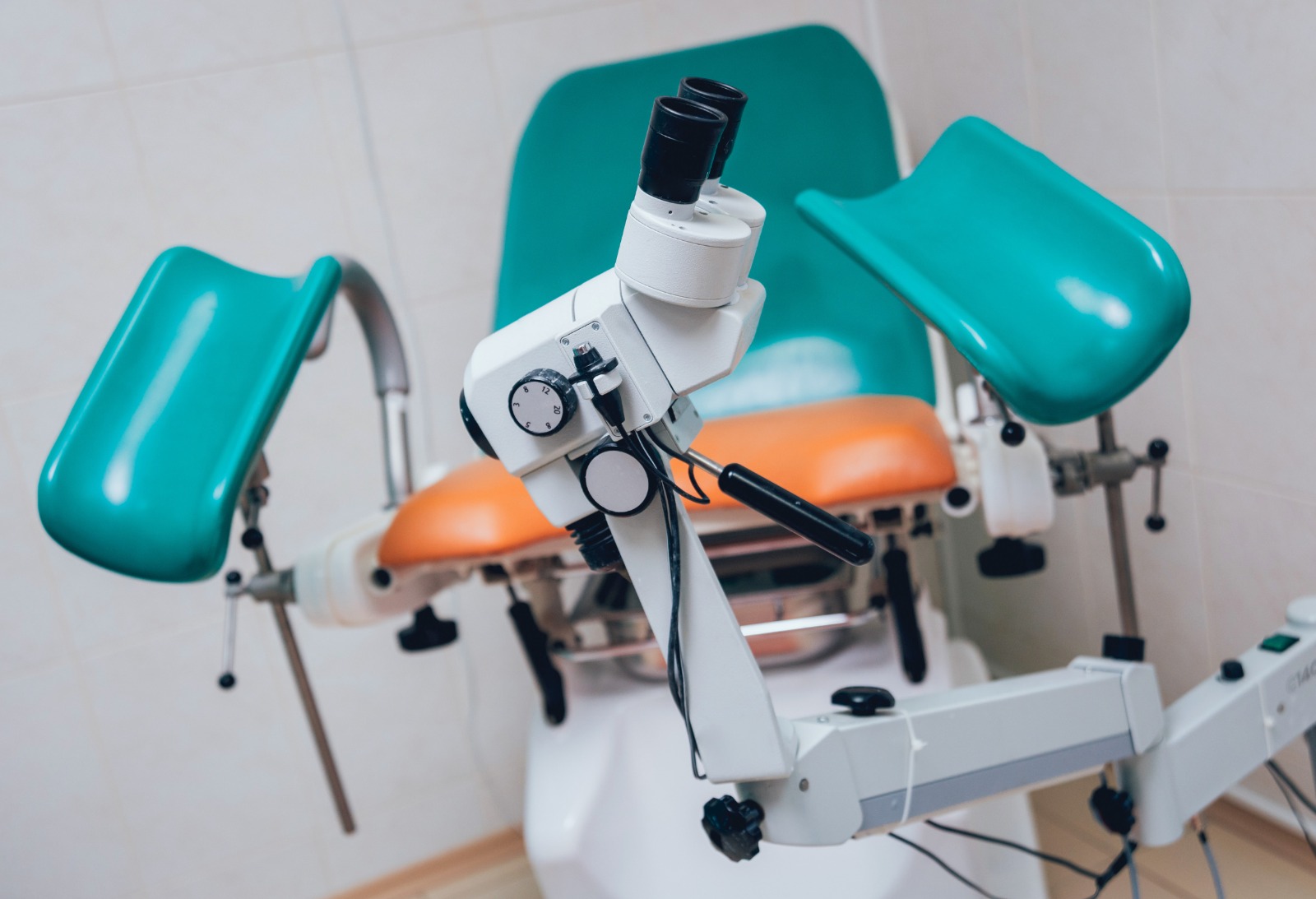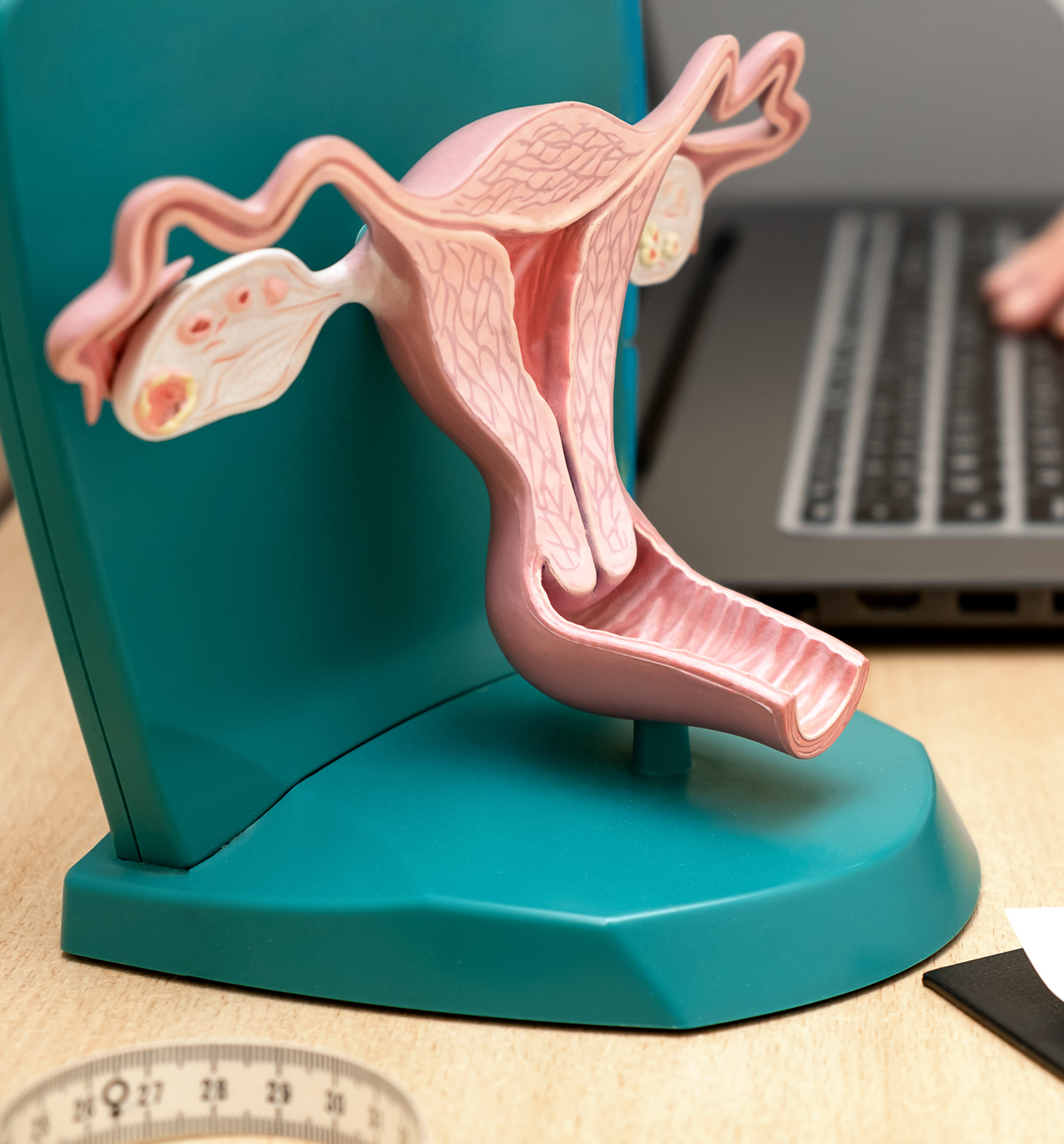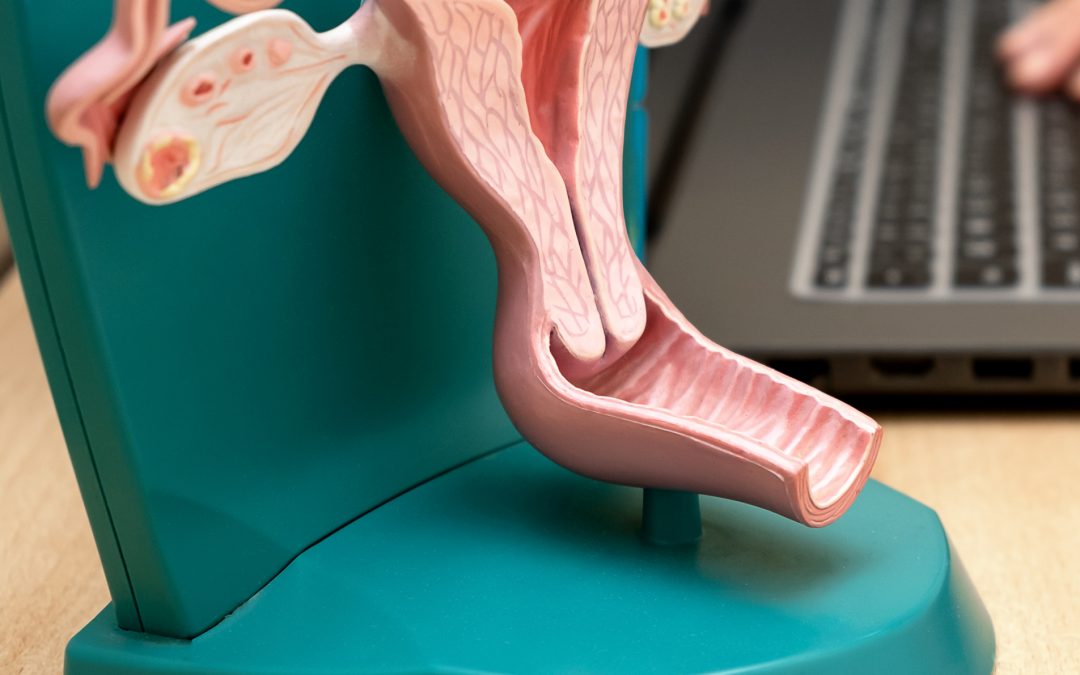Do you regularly attend medical consultations? Do you want to know when you need a gynecological check-up? Doctors are health professionals in charge of carrying out constant check-ups of the body, depending on their specialties. Medical check-ups are useful not only to detect present diseases but also and, mainly, to prevent them.
Clinicaeupnea.com is a medical center located in Palamós, Girona that offers a wide range of medical services. Clínica Eupnea is committed to nearby medicine and promotes health practiced in a comfortable and modern environment that also contributes to innovation and interaction.
What is gynecology?
Gynecology and obstetrics represent the area of general medicine dedicated and focused on assisting the comprehensive health needs of women, both to prevent pathologies and to monitor the condition of any that may arise.
Gynecology studies and manages diseases of the female reproductive system. This implies menstrual disorders, breast pathologies, menopause, sexual and reproductive health, contraception, hormonal problems, sterility, among other related problems.
It is necessary to do a gynecological check-up on a regular basis to detect and prevent any alteration or problem that may exist in the future.

Importance of the gynecological check-up
According to the Spanish Society of Gynecology and Obstetrics, 26% of women have never attended a gynecology check-up or not with adequate regularity. In addition, 80% of people diagnosed with cervical cancer have never had a Pap smear.
Periodic reviews are important to detect any anomaly early, since this increases the chances of curing the disease. Many of the disorders of the lower genital tract do not cause symptoms until they are advanced, so late diagnosis makes treatment difficult.
In addition to this, they have a preventive purpose by detecting risk factors that must be corrected to avoid suffering from any pathology. In this way, following the recommendations and specific care that the specialist sends, diseases can be avoided or their impact reduced.
What diseases can be detected and prevented with the gynecology check-up?
Diseases related to the cervix can be detected, such as cervical cancer, pathologies of the endometrium of the ovaries, sexually transmitted diseases, anemia, endometriosis, urinary incontinence, fertility problems; and other types of cancer such as breast cancer.
The most common gynecological diseases are bacterial vaginosis, which is an inflammatory vaginal infection that arises due to the overgrowth of bacteria; Candidiasis, which appears due to the massive growth of a fungus called Candida albicans, also generates inflammation.
And sexually transmitted infections, highlighting chlamydia, genital warts, gonorrhea, syphilis, trichomoniasis and genital herpes. In this regard, gynecologists recommend various methods of protection and contraception that prevent any type of sexual transmission.
When should gynecological check-ups be done and how often should they be started?
It is recommended to start performing gynecological check-ups when sexual intercourse begins or after 25 years of age, unless there are abnormalities when the first periods appear.
On the other hand, the best way to preserve gynecological health is to make consultations annually and indefinitely. Specifically, it is advisable to perform cytology every 3 years from 25 to 65 years of age; Do check-ups for possible cases of breast cancer every 2 years starting at age 50.
Also, from the age of 40, a mammogram should be performed annually. or breast ultrasound for early diagnosis of breast cancer. And at home, women should do a monthly self-exam of the breasts so that they can detect any strange changes.
What does a gynecological check-up include?
The gynecological check-up usually includes, first of all, an initial interview, an examination through a vaginal ultrasound to explore the functioning of the ovaries and the uterus and, especially, a cytology. In addition, depending on age, personal characteristics, and risk factors, a breast exam may be requested.
In the clinical interview, personal history and family history are reviewed, menstrual history (age at menarche and its characteristics), obstetric history (number of pregnancies and course, abortion…). And the most notable aspects of sexual life are reviewed (beginning of relationships, frequency…).
A physical examination is made, which implies a general examination at the genital and mammary level.. Some complementary tests are colposcopy, which is a detailed visual examination of the cervix, vagina, and vulva; and the human papillomavirus (HPV) detection test in case of finding abnormalities in the cytology.

What are the risk factors for suffering from gynecological anomalies?
The risk factors that increase the probability of suffering from a gynecological disease vary depending on the type of abnormality that is present. However, there are some factors that underlie most gynecological pathologies or problems.
Firstly, the absence of regular medical control. As already indicated above, it is not only necessary to carry out gynecological check-ups to detect diseases at their onset but also to prevent them, so the lack of regular control can complicate the problems much more.
In addition to the above, age has an influence, since the risk of contracting cancer increases with age; hormonal factors such as prolonged exposure to estrogens, lack of vaccination, overweight and low physical activity due to excessive fat, genetic factors (family history), excessive or inappropriate use of medications, among others.
Gynecological check-up and assistance at the Eupnea Clinic

At Clínica Eupnea, located in Palamós, we offer gynecological services and we also have specialized nutritionists in the treatment of women’s hormonal health. Including the nutritional part is essential, since providing the right nutrients favors the female hormonal balance.
In this way, the nutritional contribution helps the regulation of menstruation, the relief of premenstrual syndrome or menstrual, fertility enhancement and preparation before and after pregnancy. It also favors the reduction of menopausal symptoms.
What diagnostic gynecology studies are done at the Eupnea Clinic?
At Clínica Eupnea we carry out a wide variety of diagnostic studies related to the area of gynecology, these are: abdominal ultrasounds, transvaginal gynecological ultrasounds and color Doppler, cytology, clinical analysis, metabolic analysis and studies of sexually transmitted diseases (STDs).
Abdominal ultrasound
It is a test that works through sound waves or ultrasound. It is done for pregnant women for prenatal control in order to check the proper development of the fetus by an image of the embryo inside the placenta.
Transvaginal gynecological ultrasound and color Doppler
It is a test that examines the uterus, cervix, ovaries, and fallopian tubes, using sound. From this test, it is possible to detect benign and neoplastic pathologies. Thanks to the so-called “Doppler effect”, data on the speed and displacement of blood can be obtained.
Cytology
Cytology studies the cells obtained by scraping the cervix. This test allows rapidly detect many cancer diseases, such as cervical cancer, associated with the human papilloma virus (HPV).
Clinical analysis
This laboratory test consists of obtaining a sample from blood, urine, feces, among other means. It is usually a complementary test to confirm or highlight a diagnosis.
Metabolic analysis
It is a useful test to assess the abundance or deficiency of some hormones.. The basic metabolic panel usually includes tests for glucose, calcium, sodium, potassium, carbon dioxide and chloride, and blood urea nitrogen and creatinine. Abnormal levels of any of these may spell a problem.
Test for sexually transmitted diseases (STDs)
STD tests are useful to determine the existence or not of a sexually transmitted infection. Depending on the type of infection suspected, blood tests, urinalysis, swab tests, spinal tap, among other tests, may be done.

What are the specialties offered by Clínica Eupnea Global Medicine in Palamós, Girona?
In this center we offer services in a wide range of specialties, these are the following: pulmonology, cardiology, otorhinolaryngology, allergology, pediatrics, general medicine, gynecology, aesthetic medicine, endocrinology, general surgery, gastroenterology, psychology, podiatry, nursing.
We also have services in the areas of diet and nutrition, therapeutic nutrition, respiratory physiotherapy, pelvic floor physiotherapy, ultrasound, clinical analysis, metabolic analysis, COVID-19 test, smoking cessation, snoring and sleep apnea.
